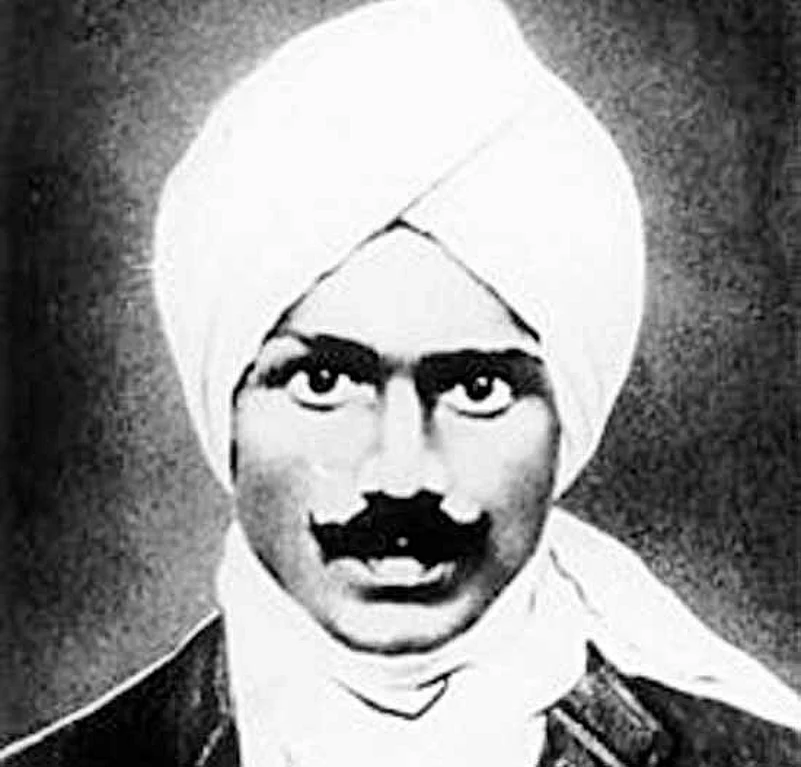We poets are in the habit of bemoaning the current state of poetry, whether it’s our limited readership, the lack of interest from publishers, or some other woe responsible for our literary obscurity, so it is indeed encouraging to see the recent burst of anthologies of Indian poetry.
In 2008 was published Penguin India’s 60 Indian Poets and its larger, cognate volume, The Bloodaxe Book of Contemporary Indian Poets, followed by Indivisible: An Anthology of Contemporary South Asian American Poetry (2010), and The HarperCollins Book of English Poetry (2012). The newest such offering, edited by poets Eunice de Souza and Melanie Silgardo, is These My Words: The Penguin Book of Indian Poetry. While the other collections focus on English poetry by Indians and the diaspora, this ambitious volume aims to represent Indian poetry in its full polyglot variety: English poems are in the minority, sharing space with poems written in a staggering range of Indian languages, from Sanskrit to Malayalam, Assamese to Sindhi. What’s more, rather than confine itself to the modern or the contemporary, as other anthologies have done, it travels as far back as the Vedas and gathers much in between, including verse that has lived solely in the oral tradition. It is a testament to the efforts of numerous translators, both poets and scholars.
The editors’ decision to eschew chronology in favour of arranging the poems into ten thematic clusters makes for a readable book in which conversations take place across temporal, cultural and linguistic universes. The first group, appropriately enough, is devoted to the art of poetry, ars poetica, with the voices of Agha Shahid Ali, Dilip Chitre, Nissim Ezekiel joining the likes of Kalidasa and Bhartrihari. Since the language in which a writer chooses to work is a contentious matter, not just in our times but in other historical periods as well, Arun Kamble’s Which Language Should I Speak? (Marathi original) makes for a good opening poem in an anthology that will potentially raise similar questions, such as: should English be the primary conduit for accessing literature in Indian languages?
Poetry’s major concerns are well represented here, and a good portion of the poems comes from South Asia’s centuries-long bhakti or devotional tradition. There is love and desire, of course; poems that address the divine; filial relations in their diversity and complexity; a fine selection of political poems; a solid dose of philosophical inquiry and metaphysics; and a closing section that deals with death. The poems that stand out, or rather, the translations that stand out—as this is primarily a book of translations—are by poets or the result of collaborations between poets and scholars. Translation is a selfless enterprise, to be sure, and deserves more approbation than it normally receives, particularly as it is almost single-handedly responsible for making much of the world’s great writing more broadly available; but equally, like a bad poetry teacher, it can turn the reader off completely. This can happen if, for instance, the language is clunky or archaic, the line breaks erratic, and the normal syntax and flow of English flouted to satisfy a rigid sense of fidelity to the original. We no longer need (if we ever did) our poems to be littered with ‘thous’, exclamation marks, clangy rhymes, and apostrophic addresses in order to read them as poems.
What a pleasure, then, to find deft translations by Arvind Krishna Mehrotra, A.K. Ramanujan, Vinay Dharwadker, and Ranjit Hoskote; these and others stand as independent works of art in English, making one forget that there is an original. Mehrotra and Ramanujan also share the distinction of having translated from multiple languages, and all have established reputations as English language poets. Even in a short poem like Let Faithful Wives (Prakrit original), Mehrotra brings, through contemporary diction and idiomatic English, an immediacy to the female voice, while retaining the playful and paradoxical quality of the 2nd century original from the Gathasaptasati:
Let faithful wives
Say what they like,
I don’t sleep with my husband
Even when I do.
There are continuities between this poem, Mehrotra’s other translations, and his own epigrammatic Bhojpuri Descant, written in English. Such felicitous translations, like the ‘unfaithful’ wife, when placed alongside English verse, make it possible for the poems in the collection to speak not only to one another, but also to the contemporary reader.
(The reviewer is a poet and art historian based in New York)


























